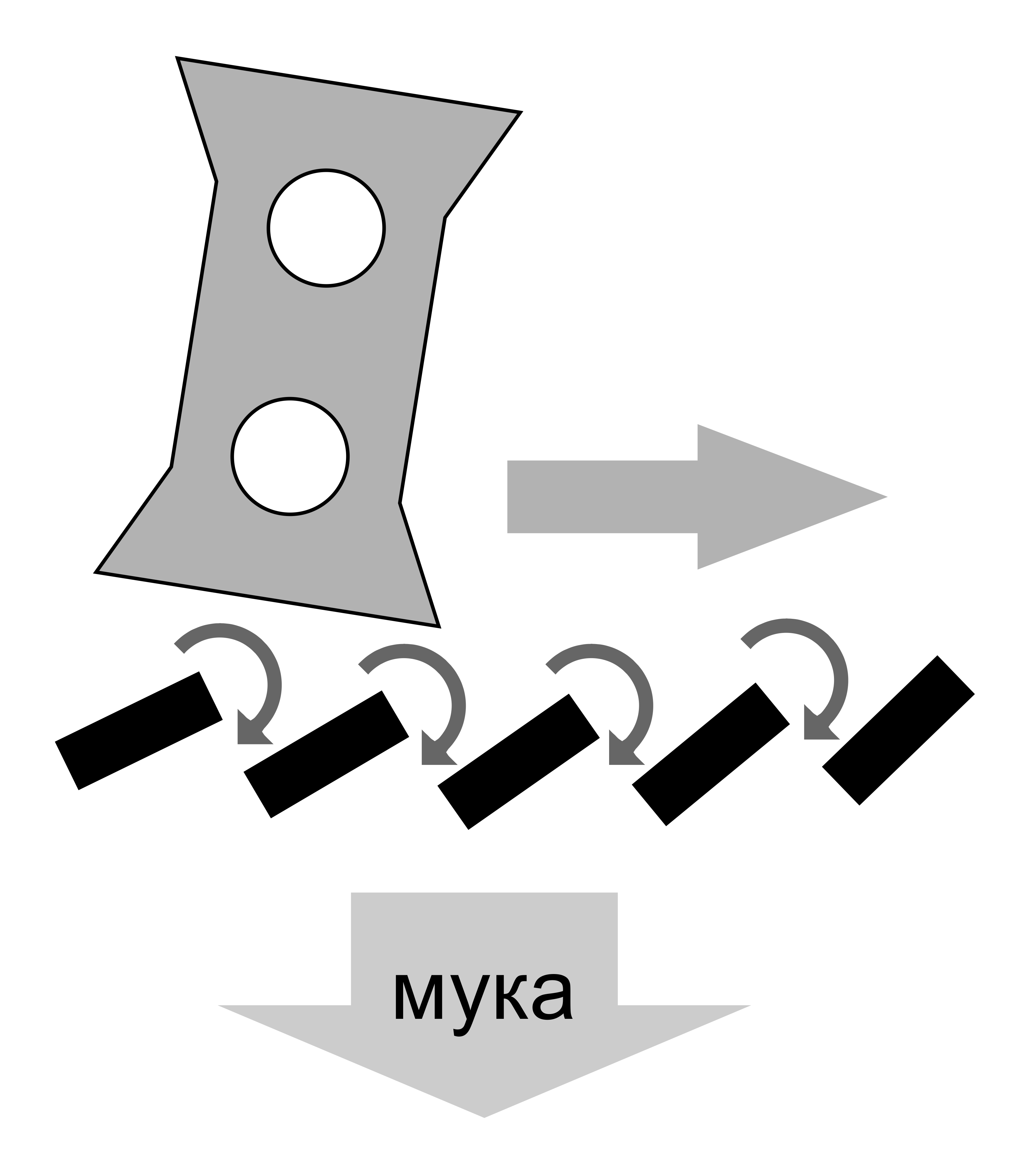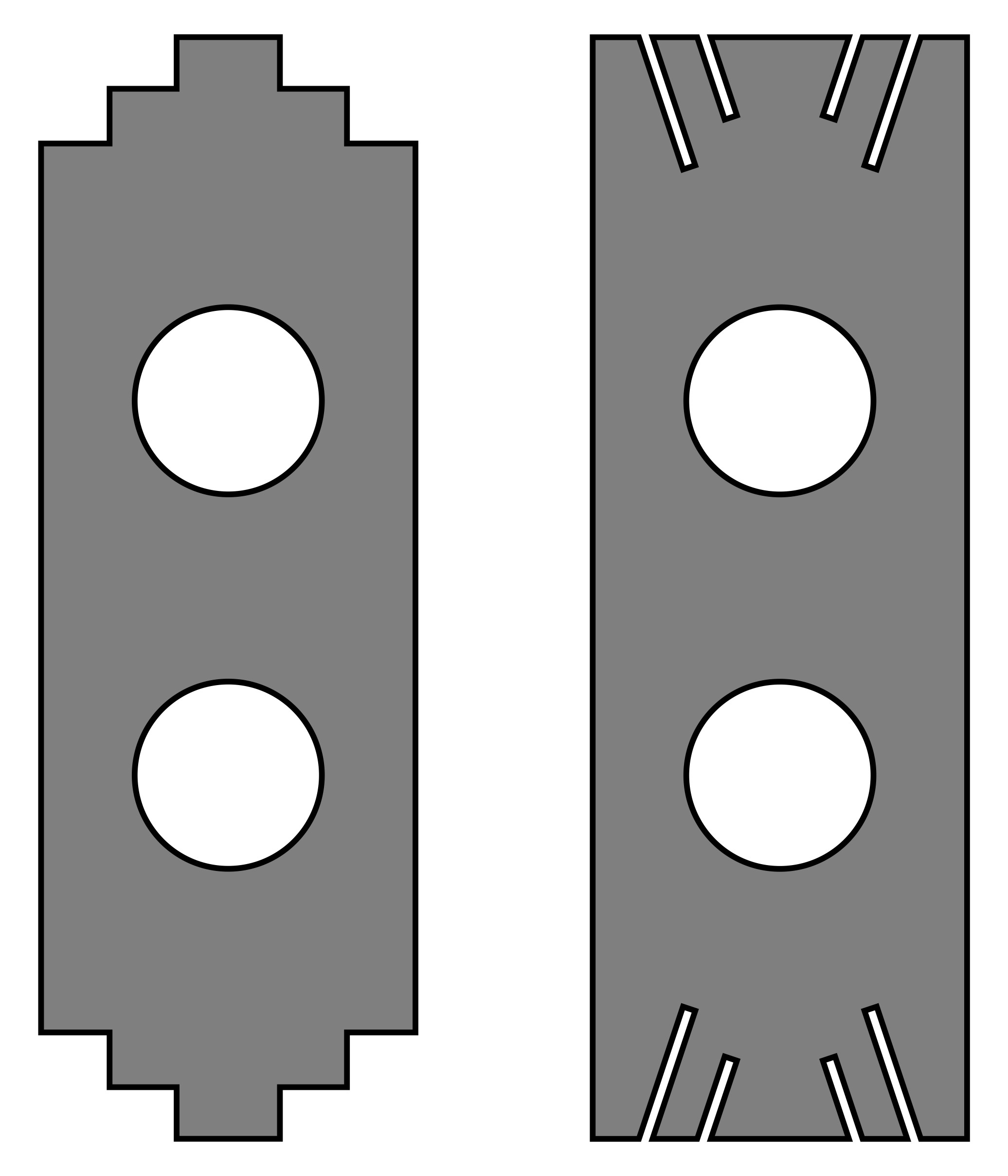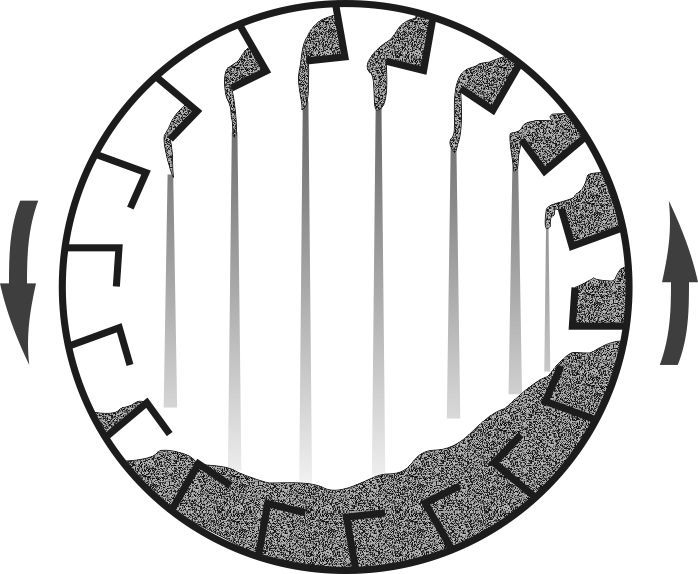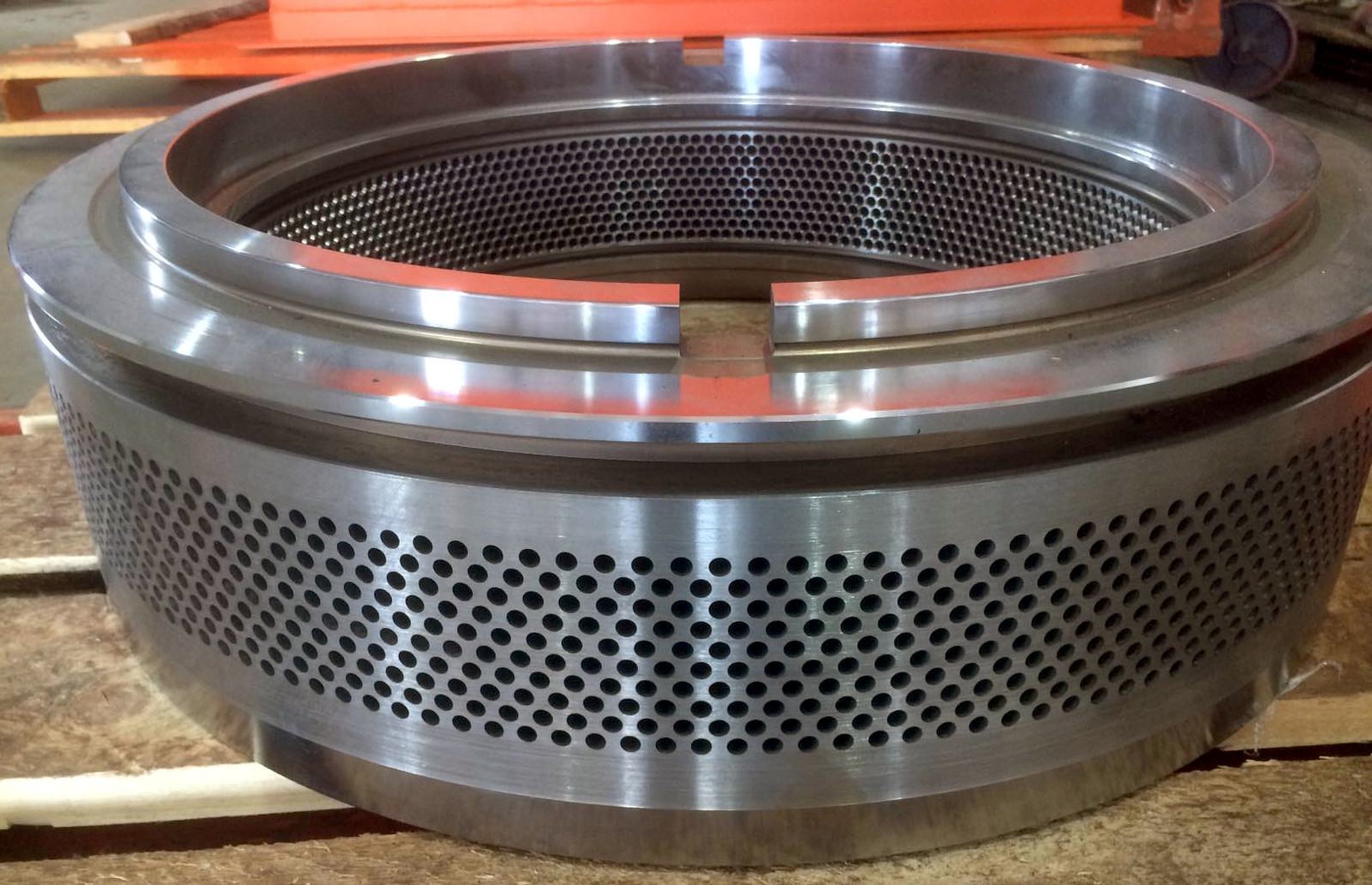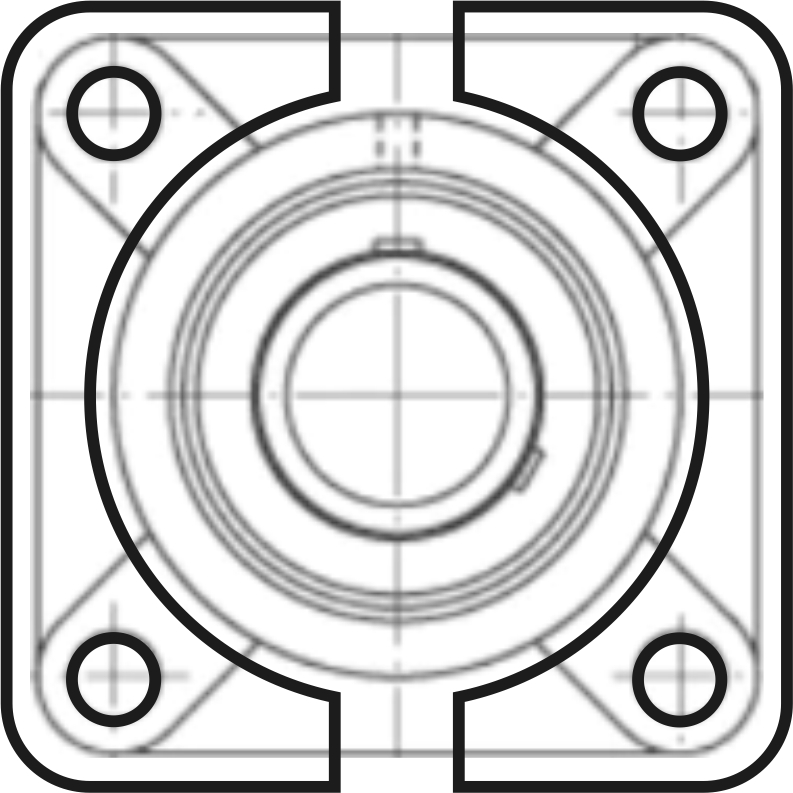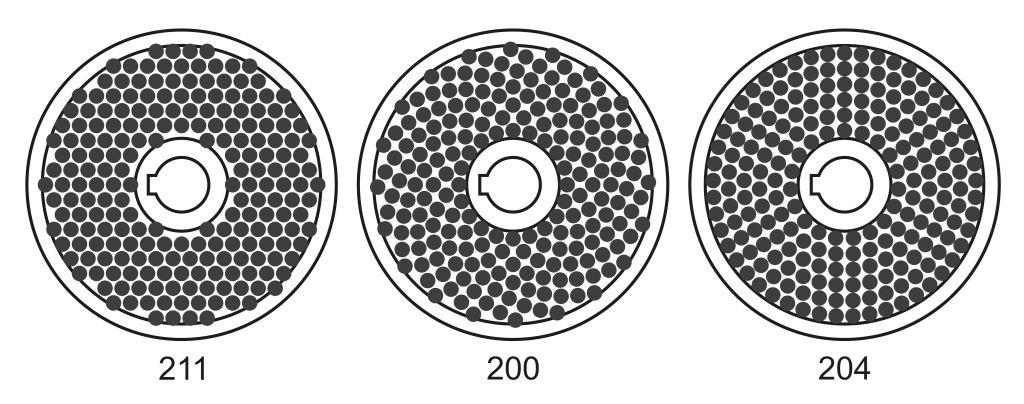As the die wears into the rollers, the gap will increase, and the pellet mill will become increasingly demanding regarding the moisture content of the raw material. An increase in the gap to more than 0.4 mm (0.016 inches) for wood can lead to frequent clogging of the pressing unit when trying to reduce moisture content. Adjusting the gap is done after eliminating any clearances in the roller bearings and the central bearing of the pellet mill's pressing unit. It's best to perform this adjustment at the end of a work shift on a fully warmed-up machine, when the shaft lengths have stabilized at operating temperatures. A signal to bring the rolls closer is increased load at the same throughput or a need for higher moisture content in the raw material.
It's essential to keep a log documenting not only production volumes but also all critical parameters for the pelleting line on a daily basis. Monitoring drying temperatures during the day and night shifts will help understand how weather impacts the drying process and will later allow for quickly achieving operational mode with expertise. Recording the lubrication dates, lifespan of bearings, hammers, casings, and the die will enable predictable stockpiling of necessary consumables and planning of preventive maintenance. Any unexpected stoppages, repairs, or maintenance are briefly described in the log, with a mandatory list of tasks performed. This helps identify the causes of issues if they arise suddenly and are related to any equipment interventions.
For round-the-clock operations, the intervals between stoppages for planned preventive maintenance should gradually lengthen. Initially, stoppages might occur between shifts, but gradually the interval increases to one to two months, with preventive maintenance taking approximately one shift. During this time, screens in hammer mills, bearings, or casings in the pellet mill rollers, conveyors' chains, and other consumables are preemptively replaced. Each time, different equipment might be involved, depending on the normal service life of their parts. Trying to save money and operate until failure will lead to a series of emergency stoppages. A breached screen in the hammer mill can lead to hammer damage, while a seized roller bearing can ruin the die. Sudden stoppages drastically reduce hours of stable operation, and monthly production under such conditions may drop by 1.5 to 2 times.



